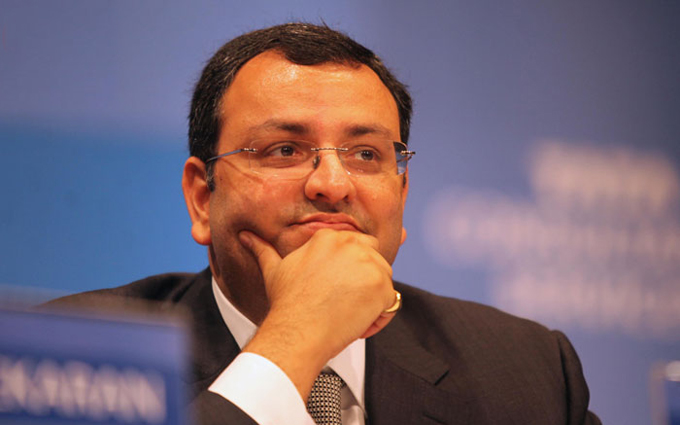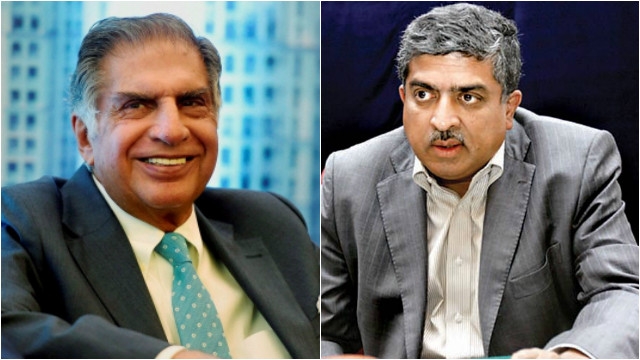A day after the Tata Sons board dismissed Cyrus Mistry as chairman, he hit back with a vengeance at the board in general and his predecessor and interim replacement Ratan Tata in particular.
In a five-page mail to the board and trustees of Tata Trusts, Mistry detailed “flawed strategies” and “questionable transactions” from the past and said the value of five “haemorrhaging businesses” that he had inherited— Indian Hotels, Tata Motors, Tata Steel Europe, Tata Power Mundra and Teleservices—may have to be written down by a crushing Rs 118,000 crore ($18 billion).
Mistry tore into Ratan Tata’s much-cherished Nano, saying the car “has consistently lost value, peaking at Rs 1,000 crore”. More damagingly, he said that with “no line of sight to profitability for the Nano, any turnaround strategy” for Tata Motors required that production of the car be “shut down”. “Emotional reasons alone have kept us away from this crucial decision,” he said.
Mistry wrote, “Another challenge in shutting down Nano is that it would stop the supply of the Nano gliders to an entity that makes electric cars and in which Mr Tata has a stake.”
Mistry cast a shadow over a range of financial deals. For instance, he spoke of “ethical concerns” over “certain transactions” in Air Asia. “A recent forensic investigation revealed fraudulent transactions of Rs 22 crore involving non-existent parties in India and Singapore. Executive Trustee Mr Venkataraman (sic), who is on the board of Air Asia and also a shareholder in the company, considered these transactions as non-material and did not encourage further study,” Mistry said.
He also drew a red line under a loan that Tata Capital advanced to serial entrepreneur C Sivasankaran “under the strong advice of Executive Trustee Venkatraman”, which later turned into a non-performing asset.
Mistry appeared to question the very cornerstone of Ratan Tata’s years-long strategy to drive the group’s global presence through acquisitions such as Corus and JLR. “As is public knowledge, the foreign acquisition strategy, with the exceptions of JLF and Tetley, had left a large debt overhang,” he said, referring in particular to the group’s European steel business and overseas hotels, which had to be sold at a loss.
And his letter starts by acknowledging as much: “I was shocked beyond words at the happenings at the board meeting of October 24, 2016. Apart from the invalidity and illegality of the business that was conducted, I have to say that the board of directors has not covered itself with glory. To ‘replace’ your chairman without so much as a word of explanation and without affording him an opportunity of defending himself in a summary manner must be unique in the annals of corporate history.” (The Economic Times, was the first to report this.)
He goes on to detail how after being promised a “free hand”, the articles of association of the holding company were changed, “alternative power centres without any formal responsibility” were created, and his freedom to turn around the group was “severely constrained”—all of which resulted in “dysfunctional governance” and reduced him to the position of “lame-duck chairman”.
Rejecting the charge of non-performance, he pointed out that the nomination and remuneration committee had “only recently lauded and commended my performance”.





Be the first to comment on "Cyrus Mistry claims Nano should be shut, questions other deals"